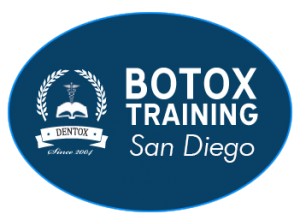Evidence available at the time Colgate Total toothpaste was approved by the U.S. FDA and new research available only recently calls into question the use of cancer-linked triclosan in the popular toothpaste brand. But company Colgate-Palmolive said at the time of approval in 1997 that research performed on animals is irrelevant. It maintains today that the product has been on the market for 18 years without reports of adverse reactions. To be on the safe side, however, consider the better option may be making your own toothpaste.
 In animal research known at the time of FDA approval, triclosan was shown to cause premature birth, bone-related birth defects and more. New research now shows a link between the chemical and cancer cell growth. The new research was also conducted on animals.
In animal research known at the time of FDA approval, triclosan was shown to cause premature birth, bone-related birth defects and more. New research now shows a link between the chemical and cancer cell growth. The new research was also conducted on animals.
A 2010 study has also linked triclosan, used to reduce bacterial contamination, to reduced fertility in laboratory mice. A 2013 study linked it to decreased fertility in rates.
In a 2003 study that’s especially alarming given the cancer link, triclosan was found in the urine of 75 percent of more than 2,500 adult and juvenile Americans who were examined by the Centers for Disease Control and Prevention.
Colgate said the animal research didn’t matter because it was conducted on animals rather than people. It also maintains the 35 pages of toxicology information don’t prove harm can be caused to humans by the chemical and that more than 80 studies involving 19,000 humans have shown that the additive is safe.
No reports of problems have been brought to the attention of Colgate in the 18 years the product has been on the market. But would consumers know to blame their toothpaste for a cancer scare?
While it’s hard to say just how harmful triclosan is, there are many toothpastes that don’t contain it. Why, then, would anyone use a product that does? It’s a question that doesn’t require much pondering.
Reference – besttoothpaste.net


Leave a Reply
You must be logged in to post a comment.